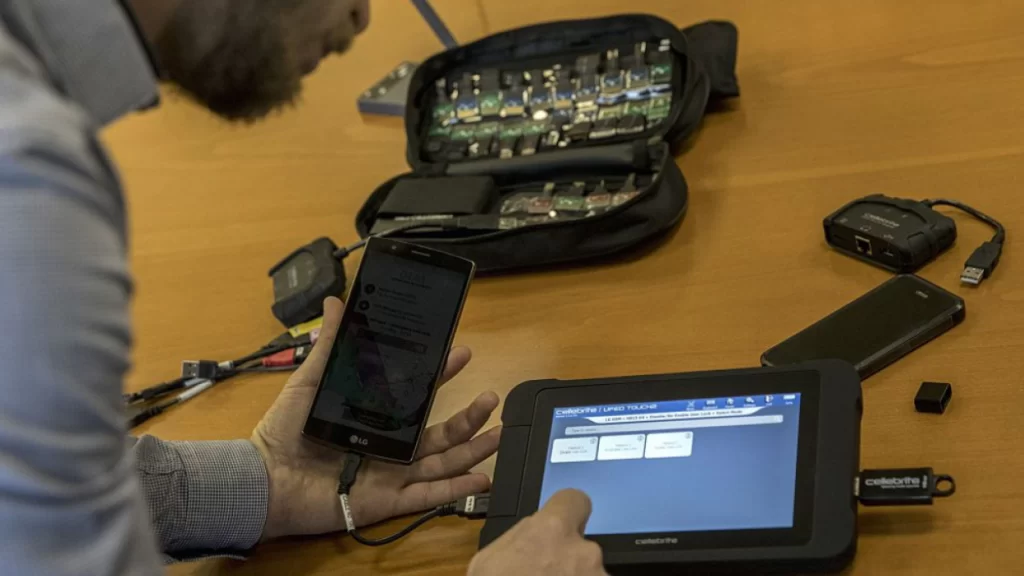Fake degrees are a billion-dollar business. The legal implications aren’t clear.
In the event that universities are investigating claims of academic fraud, they usually put together a panel composed of professors who have subject matter experience. Academic fraud is usually an obscure and complex field of research.
Legal issues
The federal government has taken steps to inform people about fake degrees and diploma mills however it’s left the states to regulate the use of these. Even if someone doesn’t break any law by boasting about their fake degrees they could be in legal danger using terms like doctor, lawyer or professional engineer that require a license.
The main problem of fake degrees is that they diminish the authenticity of genuine degrees that individuals spend many years and thousands of dollars earning. Fake degrees pose a danger to the public, as they permit professionals like medical professionals and engineers to be hired without formal education or qualifications.
Some companies sell fake diplomas that look real. Some companies give the option of selecting the university and the degree. Others can be made in just five days. Some companies claim to be capable of awarding a degree on the basis of a person’s prior encounters or personal experiences. It could pose a risk to the general public since it can lead to fake credentials being given to people in fields that present health and safety risk.
Academic Fraud Prosecution
In the literature about academic fraud, it’s assumed that dishonesty is prevalent and is made even more so because of the ease in cheating is possible on the internet. Most people also believe that students take an instrumental approach to their education and will do anything necessary to get a good grade.
It is important for instructors to be aware of how to handle accusations of academic dishonesty. This includes the procedures which must be followed in order to investigate them and to investigate them in a manner which is fair and try here now https://lambang247.pro/.
The procedure should be crafted in a way that any investigation of the allegations will be conducted without bias by a team of experts who have expertise in the area of study of the subject being examined, that do not have an relationship with the accused. If the Standing Committee deems it necessary for it, the Standing Committee can appoint individuals who are not affiliated with the University as members of the panel. This can help prevent conflicts of interests, in which the investigation process and subsequent charges are biased towards the student being accused.
Jurisdictional Issues
Diploma mills offer phony degrees to those willing to pay. Some are based in the United States.
As well as a violation of federal law, obtaining fraudulent degrees is usually a state crime as well. In several states, for instance it is a crime to falsely claim that one has a degree that allows the person for a job which requires a license. Human resources professionals typically conduct background checks on applicants for education and background checks.
The Internet has led to a lucrative industry that sells fake transcripts, fake degrees and other academic documents. Experts believe that fraudsters have become more sophisticated.
Eaton states that it’s not easy to make an effective blacklist of fake diploma mills and schools, as the criminals can easily modify their domain names and names on the Internet. She suggests that employers utilize an official education organization that is reputable to check credentials rather than. For instance the Oregon Office of Degree Authorization keeps a list with accredited colleges and universities in the state. The office also conducts investigation into suspected cases of degree fraud and verifies transcripts.
Legislation on fake degrees
It is obvious that better legal tools are required to stop fake degrees. Verifile is a website that provides details regarding fraudulent institutions and accreditation bodies, claims that states that have “promiscuous’ education regulations may be a magnet for fake degrees sellers. According to the company, for every high-profile example, there are many ordinary people who are also using fake degrees. One example is that of the Seattle deputy sheriff who used a fake degree to receive a two percent pay raise. Also, the military officers enlisted in the army who bought degrees from an unaccredited institution located in Spokane, Washington.
Ezell suggests that both federal and state authorities should consider making it illegal to fake degrees in order to gain employment or for entry into occupations that require licensure. This could also put diploma mills at the forefront, as they wouldn’t be able evade examination any more than fake mortgage or credit card firms. However, he says that both professional organizations and the police departments should share the burden in tackling academic fraud.




